Solidarity with Ukraine and the market situation, especially following the Russian invasion
Ministers were briefed by the Commission on the channels of solidarity between the European union (EU) and Ukraine in order to facilitate the export of Ukrainian agricultural products by land to European and world markets. The aim of this action plan is to overcome the blockade of Ukrainian Black Sea ports by Russia and to ensure that Ukraine remains fully integrated into world agricultural markets and continues to contribute to global food security. Alternative transport routes and supply chains between the EU and Ukraine will allow Ukraine to export and free up storage capacity in Ukraine for future harvests. This will also help to ease the quantity and price pressures on the markets. This can be achieved through cooperation between the Commission, member states, Ukrainian authorities, EU and Ukrainian transport operators, infrastructure managers, owners of rolling stock, vessels and vehicles, international financial institutions and all other relevant stakeholders in the region.
The Commission also briefed ministers on the situation of agricultural markets, particularly in light of the situation in Ukraine. It outlined the expected impact of the Russian invasion of Ukraine on the availability of commodities and food prices for specific markets. On this occasion, Belgium also expressed its concerns about the drought situation that part of the EU is facing.
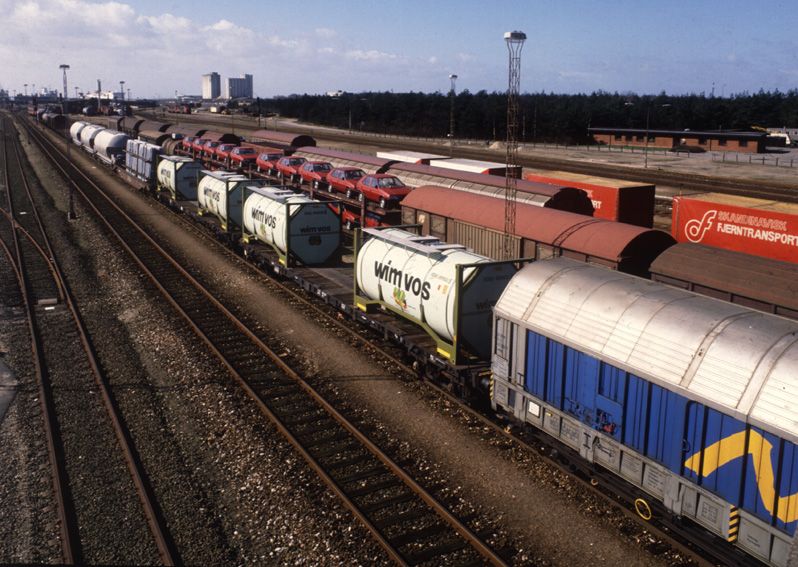
Commission to establish Solidarity Lanes to help Ukraine export agricultural goods
|
Ministers welcomed the Commission’s intervention and action plan for EU-Ukraine solidarity channels. They also agreed that, thanks to the Common Agricultural Policy (CAP), the EU is self-sufficient in most agricultural commodities and food supply is assured. Ministers reaffirmed that the CAP, even in these difficult circumstances, ensures food security for EU citizens and provides income support for EU farmers. The main concern remained the affordability of food, particularly for low-income households, and the price of inputs (energy, fertilisers, animal feed, etc.) for farmers. The impacts of these high prices on overall food security were also a source of concern.
Ministers also welcomed the adoption by the Commission of an exceptional support measure, due to the Ukrainian war, which can be mobilised in the framework of rural development.
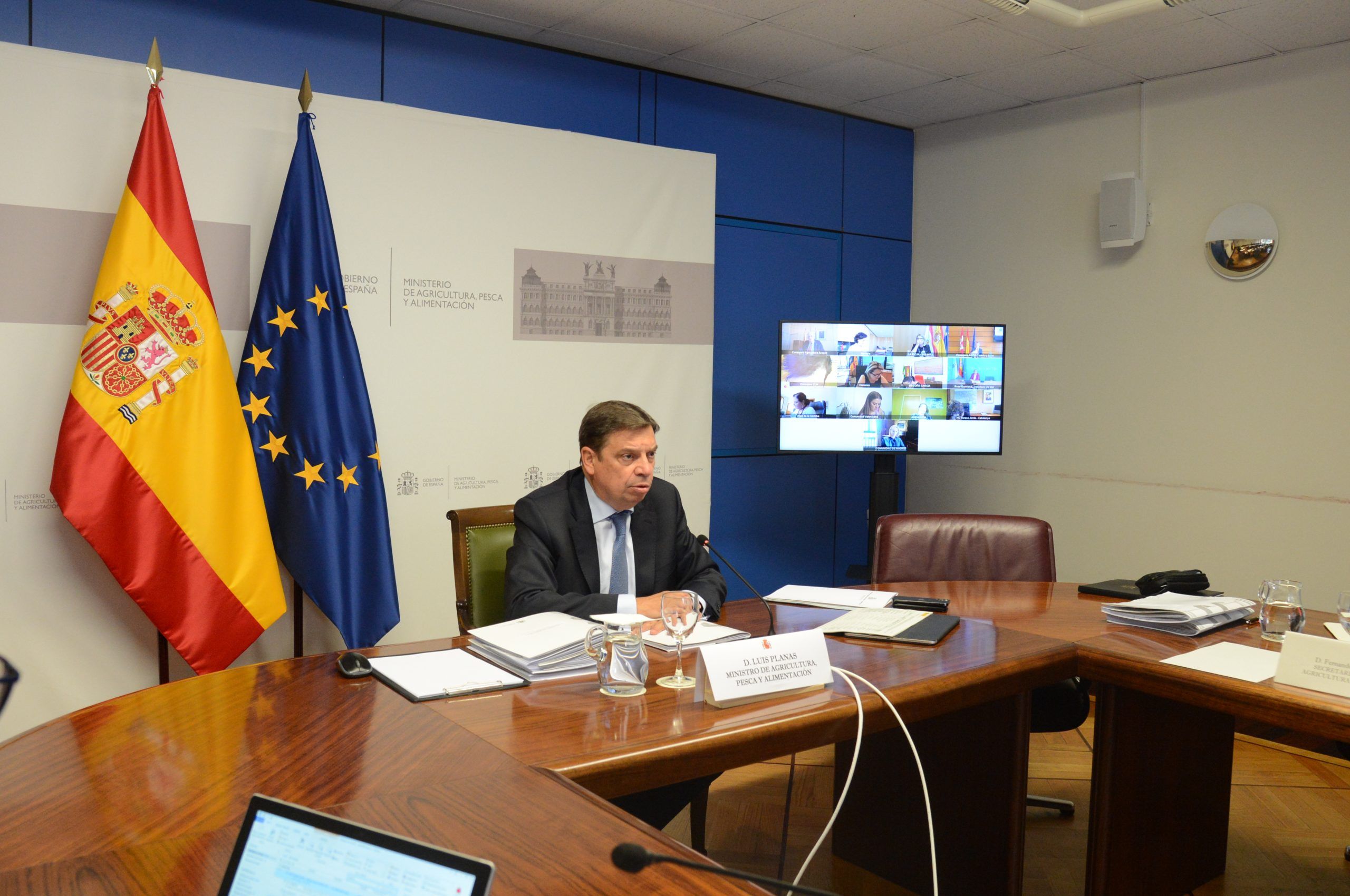
Spain will reiterate the need for the Commission to allow greater flexibility for the fruit and vegetable sector
|
Highly pathogenic avian influenza
By unanimously adopting conclusions on the subject, ministers stressed that highly pathogenic avian influenza (HPAI) is a transboundary animal disease capable of spreading widely, with serious socio-economic consequences that penalise agriculture and disrupt trade. Following major HPAI outbreaks in the European Union in the last two years in particular, ministers noted that, in addition to the necessary application of strict biosecurity measures, vaccination could complement existing HPAI prevention and control measures and contribute to reducing the risk of the virus spreading in poultry farms. Ministers therefore called on the Commission and member states to intensify their efforts to develop vaccination strategies for the prevention and control of HPAI. They also called for the development and authorisation of effective and safe vaccines that are easy to administer and compatible with farming practices in the EU. Finally, they stressed the importance of joint efforts with third countries to increase the acceptability of HPAI vaccination in international trade.
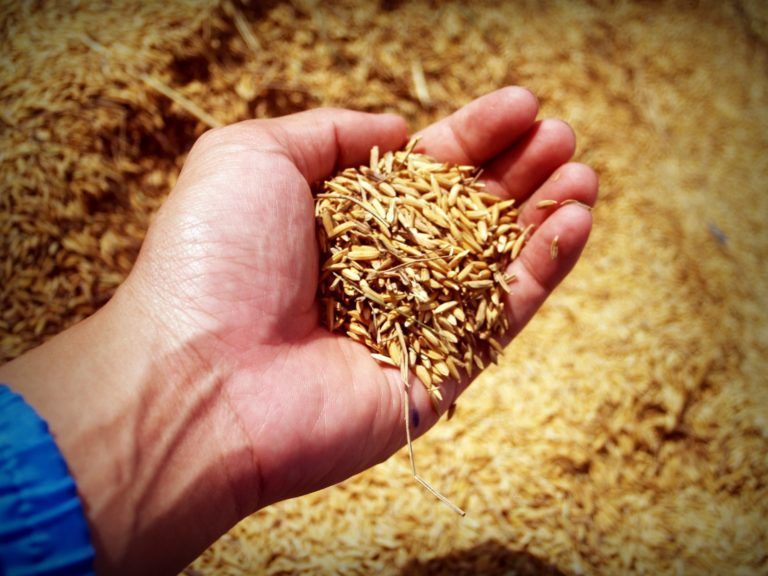
Increased support for EU farmers through rural development funds
|
Other business
Ministers exchanged views on the preparation of the 12th Ministerial Conference of the World Trade Organisation, which will be held from 12 to 15 June in Geneva (Switzerland), and had the opportunity to propose guidelines to the Commission.
They were also briefed by the Presidency on epidemiological surveillance platforms for animal health, plant health and food safety, following a seminar organised by the French Presidency in March. Finally, ministers were briefed by delegations on the establishment of a new EU legislative framework for the establishment of an EU positive list for the keeping of companion animals (Cyprus), phytosanitary import conditions (Spain), soil protection (Slovakia), EAFRD funded projects (Romania), the G7 Agriculture Ministers’ meeting (Germany), as well as the need to reduce the use of peat in the horticultural sector (Germany).
More information: European Council – Press release

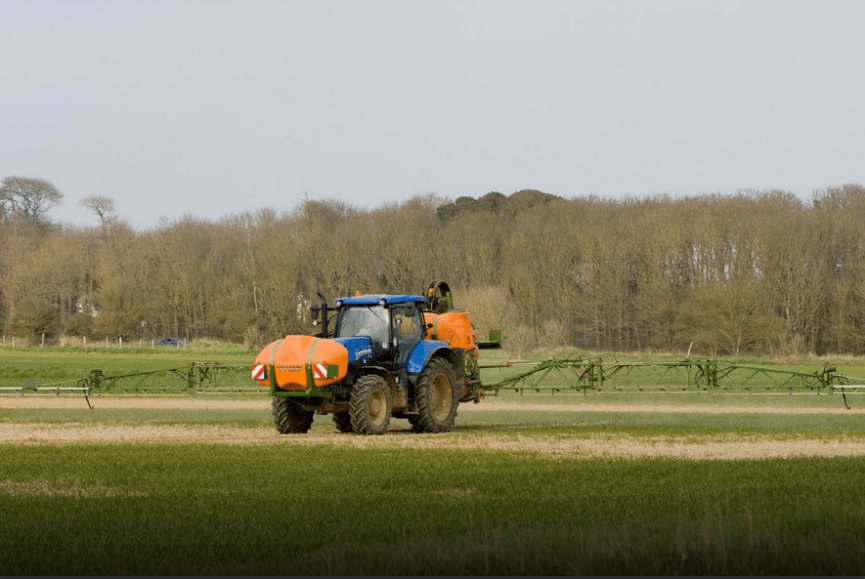

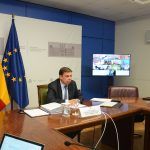

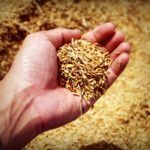
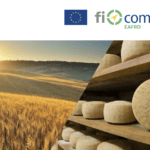
Leave a Reply